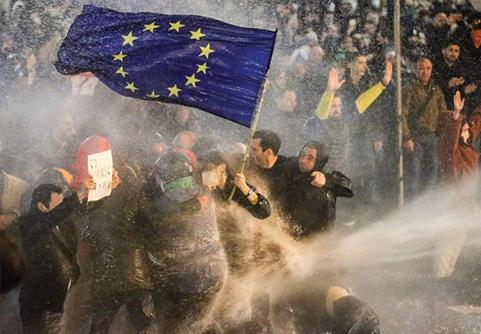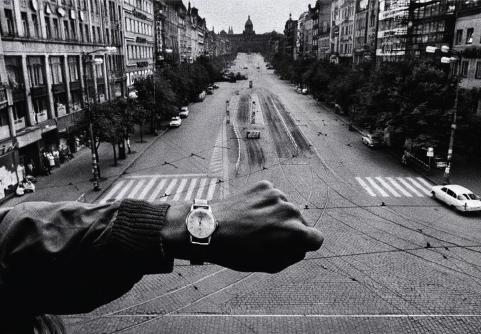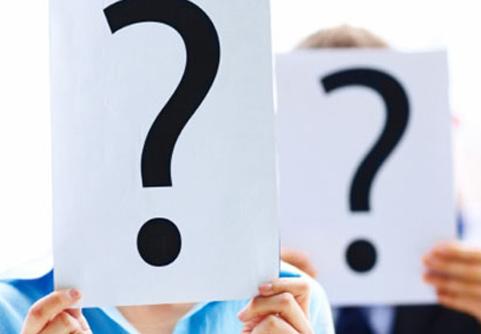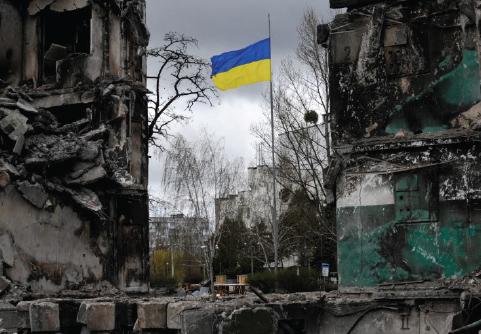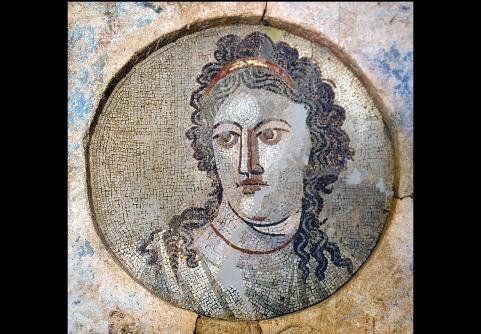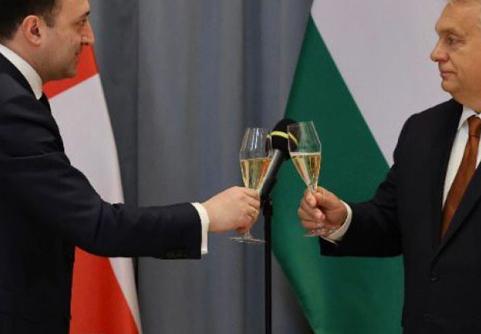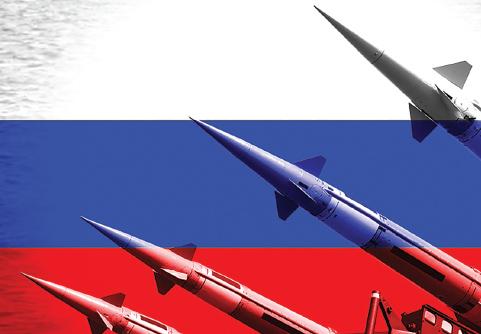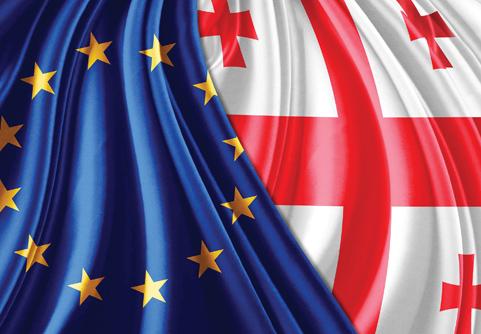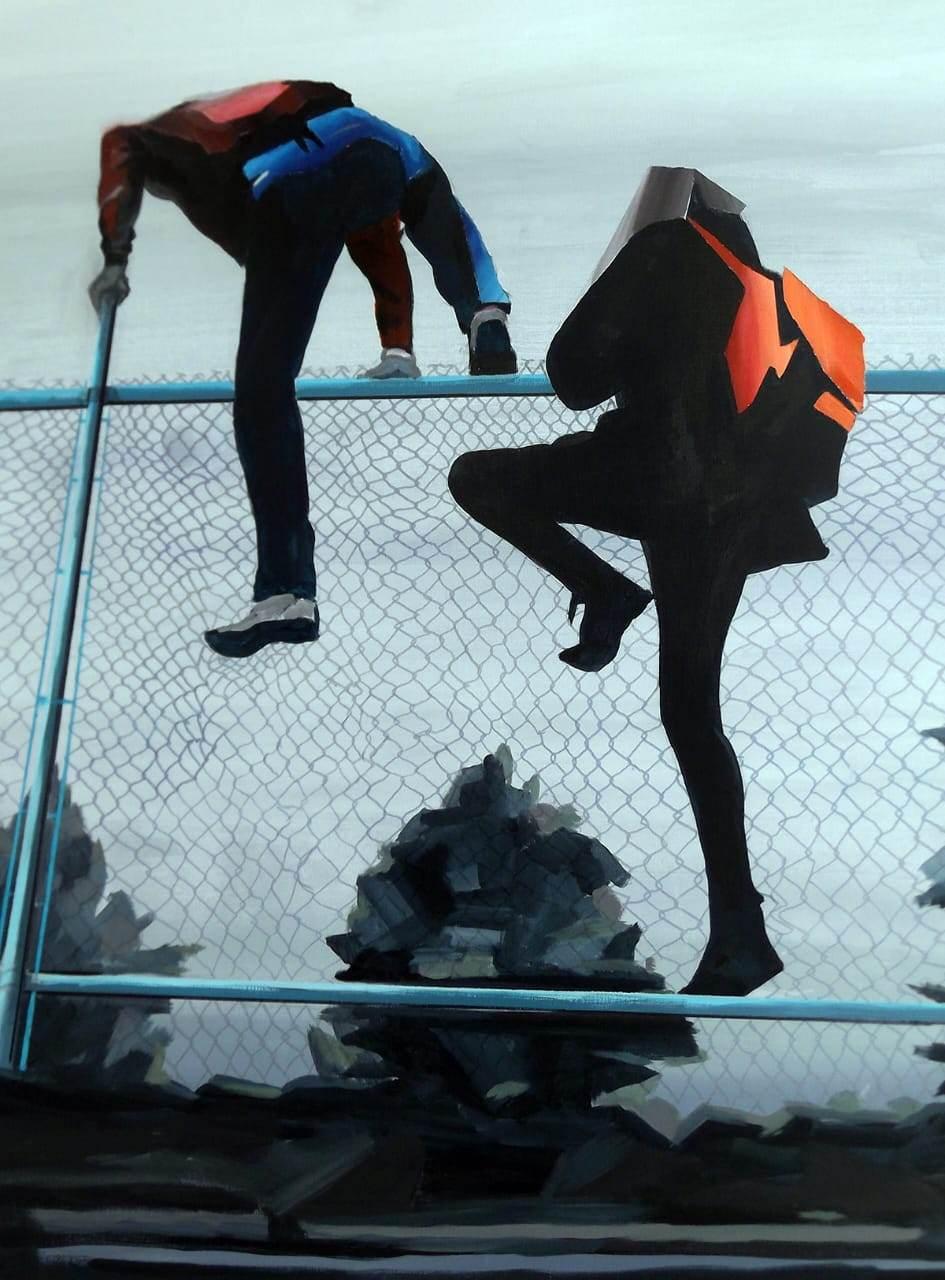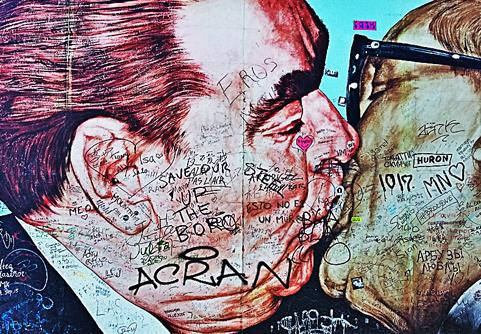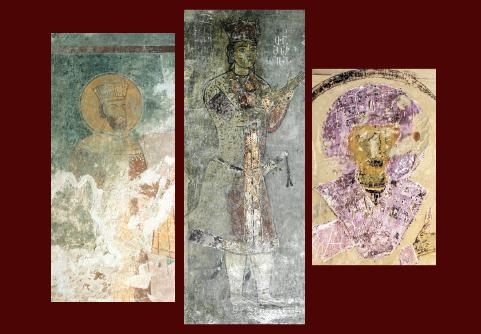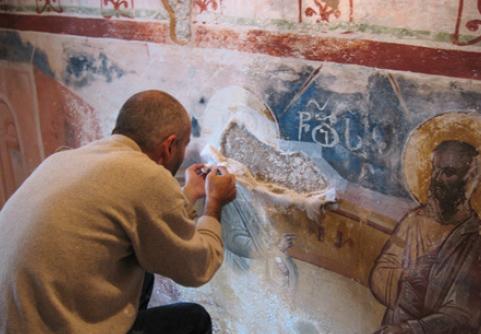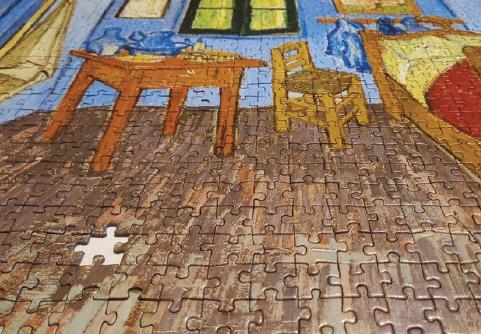Author : Giorgi Paniashvili
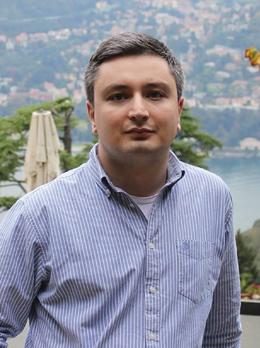
At a press conference on 18 January, Russian Foreign Minister Sergei Lavrov summed up the work of Russia’s diplomatic service in 2022. Lavrov’s summary press conference might not have attracted the attention of the Georgian audience had he not heaped praise on officials in Tbilisi. The long-serving head of Russian diplomacy praised the Georgian government’s continued resistance to Western pressure and did not rule out the resumption of suspended flights between Russia and Georgia. He cited Georgia’s double-digit economic growth as a counterweight to its refusal to join Western sanctions and reminded Tbilisi of Russia’s significant contribution to this growth.
Lavrov’s praise stirred up very contradictory feelings in Georgia and caused some resentment. Russia’s endorsement of Tbilisi’s more “restrained” policy did not go unnoticed not only in the Ukrainian capital but also in other Western capitals.
Both the content and the context of Lavrov’s statement are indeed noteworthy, provide something to consider, and may serve as a new alarming starting point for the international positioning of Georgia and Russian-Georgian relations.
International Context
Had Lavrov made his comments before the war in Ukraine, a part of both Georgian and international society would have rather seen in his praising messages signs of normalisation of bilateral relations and there would have been fewer reasons for discontent. However, the year in which Lavrov spoke about Georgia was characterised by a terrible war in Ukraine and a battle with fire and sword against everything Western. Since February 2022, the overwhelming majority of Georgia’s international partners have restricted all cooperation with Russia – air, sea and land links have been suspended, 10 packages of tough sanctions against Russia have been imposed, and Kremlin-linked assets have been seized.
NATO and EU countries are helping Ukraine repel the Russian invasion, and in this common ordeal they more united than ever since the Cold War. In addition, Russia has been recognised as a terrorist state or as a state supporting terrorism by such old and good friends of Georgia as Estonia, Latvia, Lithuania, Poland, Slovakia, and the Czech Republic. There are growing international calls for the criminal activities of Vladimir Putin and his government to be brought before an international tribunal.
A few words about the economy
According to the latest Geostat data, Georgia actually recorded double-digit economic growth in 2022. Trade turnover between Georgia and Russia has also increased. However, the more significant contribution to this double-digit economic growth came from Russian citizens fleeing the policies of Lavrov and his colleagues, not from Putin’s Russia itself. It was the influx of tens of thousands of Russian citizens fleeing European sanctions, Putin’s restrictions and mobilisation that caused the temporary economic recovery. Lavrov did not mention this in his speech, but when we speak about double-digit economic growth, we should not forget about the double-digit rise in prices that have largely absorbed this economic growth, and a large part of the Georgian population, including students, have suffered.
Nuances
It is noteworthy that a representative of Alt-Info had the opportunity to ask the main question at the final annual press conference of the Ministry of Foreign Affairs of Russia. It is no secret that this is a strongly pro-Russian media group, actively pursuing a campaign of hatred against ethnic and sexual minorities, as well as the West, with its information policy. The Alt-Info group was involved in the mass riots of 5 July 2021, during which dozens of journalists and human rights activists were seriously injured.
The very fact that Alt-Info was given such an opportunity speaks volumes. Giving the stage to Alt-Info gives us an idea of what forces Moscow relies on and cooperates with in Georgia, what forces are closer, understandable, and acceptable to it. Co-operation with groups like Alt-Info indicates that Moscow is interested in encouraging violence and oppression of minorities in Georgia, as well as in inciting hatred, i.e. everything that undermines fragile statehood, civil accord, and peace.
Other no less important details of the content of the statement
The part of Lavrov’s commentary that was covered in Georgia concerned the possible restoration of flights and the endorsement of the government’s courage not to join Western sanctions. However, in his extended commentary, the Russian diplomat touched on another, no less important topic – the “immoral, perverted culture and values” coming from the West.
Speaking on this topic, Lavrov noted that the Russian and Georgian Orthodox Churches were doing invaluable work in defence of traditional values and culture. He expressed profound respect for the Georgian Orthodox Church and highlighted its special contribution to the defence of traditional values.
Summarising thoughts and food for reflection
Considering the abovementioned factors, it does not require deep analysis to say that Lavrov’s comment was untimely and inappropriate for Georgia’s foreign policy positioning, and therefore harmful.
In the circle of Georgia’s old, good friends, of course, these actions of Lavrov caused nothing but disappointment and distrust. Praise coming from a country that most of Georgia’s friends consider to be a terrorist state and another part consider to be a suspect in war crimes only further undermines Georgia’s already shaken international reputation. The restoration of air traffic is comparable. While the EU and NATO countries have stopped air traffic with Russia, the resumption of flights with Tbilisi would also be untimely and inappropriate.
It is clear from Sergei Lavrov’s comments that for some reason Moscow sees the Georgian Orthodox Church as its most important and respected ally in the fight against Georgia’s anti-Western values. Actually, this should be the most shameful and unacceptable praise for the majority of Georgian society, as well as for the Church itself. It seems that praise from Moscow is a means of seeking a stronger alliance with the Georgian Church, knowing that it has considerable influence on Georgian political life.
The Church can indeed play one of the main roles in achieving civil harmony in Georgia, which to a lesser extent represents Russia’s interests. That is why Moscow is trying, by establishing and strengthening very dubious ties, to finally deprive the Church of this role and put it at the service of only one group, even if it is the largest and most dominant one in society.
It is clear that everyone is avoiding an open discussion on this topic, but the fact that the terrorist Russian regime, which has been involved in genocide and crimes against humanity, sees the Georgian Church as a highly respected ally should serve as a reason for serious reflection, including in the Church itself.
Against the backdrop of this praise and the ongoing fierce fighting in Ukraine, it is clear that Russia will have less need for a government in Tbilisi that simply favours warming relations and increasing trade. It needs a stronger foothold in Georgia that will be tougher, harder, and more ruthless against anything Western.
Lavrov’s statement also suggests that Moscow will actively seek allies in its immediate neighbourhood and will certainly not give up on a stronger “alliance” with Georgia.
As a result, these songs of praise of Georgia are expected to be followed by increased pressure on Georgia’s ruling political power, which has been repeatedly observed flirting with Russia, in order for it to better adapt to the new situation and Moscow’s worldview in the context of a civilisational or existential conflict with the West.
Thus, both these praises and their overt or covert self-glorification of the government carry great risks and dangers for Georgia.
